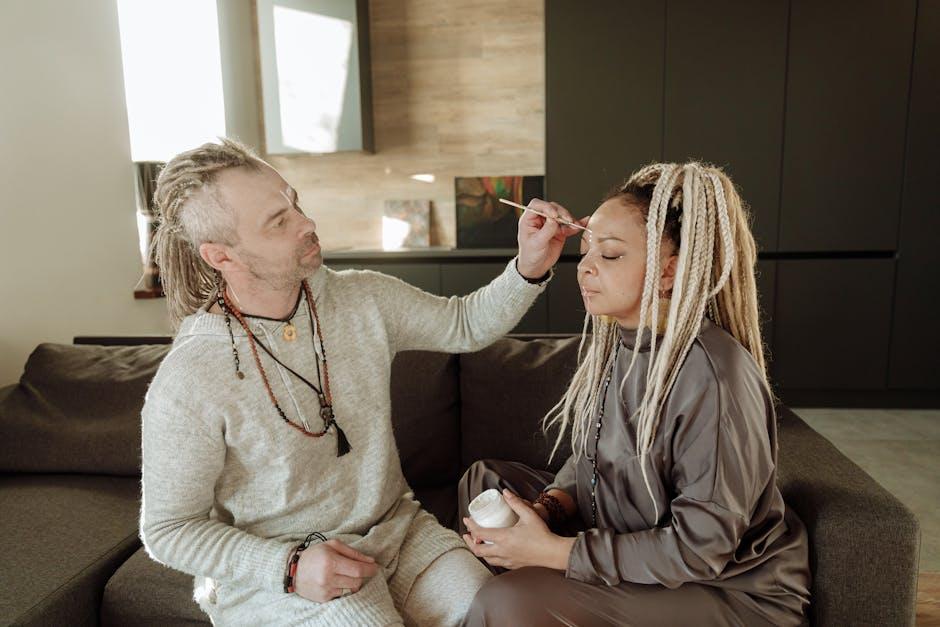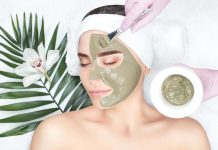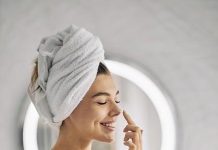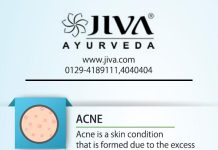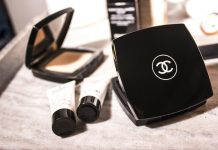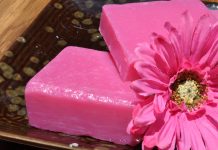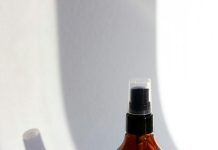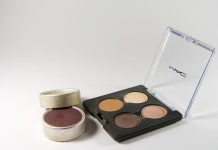In the ever-evolving world of skincare, the debate surrounding gender-specific products has sparked both curiosity and controversy. As shelves brim with creams, serums, and elixirs, each promising radiant results, the question arises: should these potions be tailored specifically to men and women? Delving into the science of skin, cultural perceptions, and marketing strategies, this article explores whether our skincare routines should transcend traditional gender boundaries or remain distinctly divided. Join us as we unravel the complexities of this beauty conundrum, seeking clarity in a world where self-care meets identity.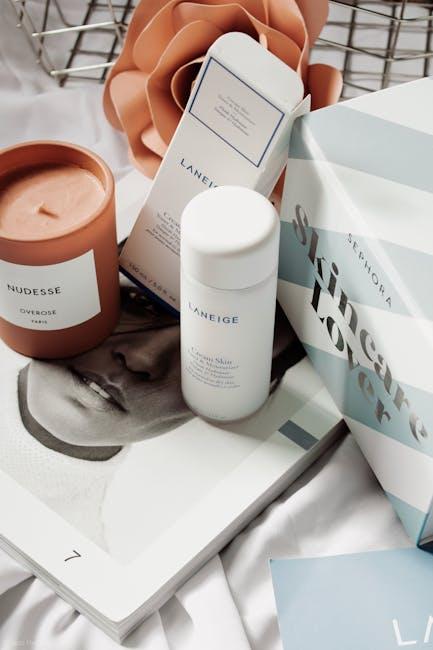
Understanding Skin Differences: Beyond Gender
When it comes to skincare, understanding the nuances of skin differences can be more insightful than simply categorizing products by gender. While hormonal variations can influence skin characteristics, other factors like genetics, environment, and lifestyle play equally significant roles. Instead of focusing solely on gender-specific needs, skincare routines can be more effectively tailored by considering individual skin types and concerns.
Key factors to consider include:
- Skin Type: Whether oily, dry, combination, or sensitive, each type requires specific ingredients and care.
- Environmental Exposure: Pollution and climate can impact skin health, necessitating different protective measures.
- Lifestyle Choices: Diet, stress levels, and sleep patterns contribute to skin condition and should guide product selection.
By focusing on these personalized elements, skincare can transcend traditional gender lines, offering solutions that address unique skin needs more effectively.
The Science of Skincare: What Really Matters
In the realm of skincare, the emphasis often lies in understanding the science behind skin types and conditions rather than strictly adhering to gender-specific products. Skin, regardless of gender, functions similarly in terms of its biological processes. The focus should be on ingredients that cater to individual needs such as hydration, oil control, or anti-aging, rather than marketing labels that may not provide additional benefits.
- Ingredients: Look for active components like hyaluronic acid for moisture, salicylic acid for acne, and antioxidants for combating free radicals.
- Skin Type: Whether oily, dry, combination, or sensitive, choose products that address these specific conditions.
- Concerns: Focus on particular concerns such as pigmentation, texture, or elasticity, which transcend gender lines.
Ultimately, skincare should be about personalization and effectiveness, not confined by gender norms. Understanding your skin’s unique needs allows for a more informed approach to selecting products that genuinely enhance and protect your skin’s health.
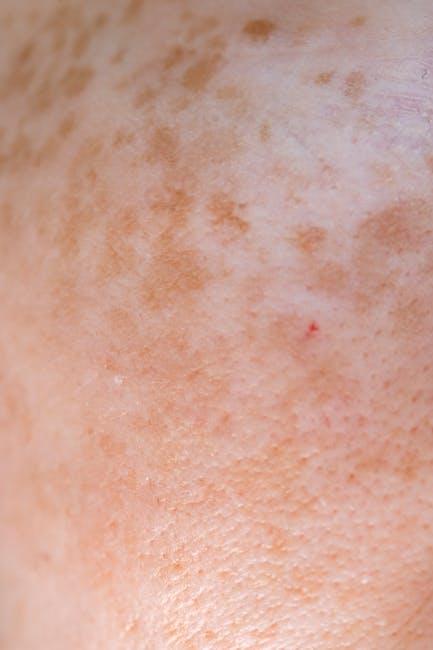
Marketing Myths: Gendered Skincare Unveiled
In the world of skincare, the belief that products should be gender-specific is widespread. However, the truth is that skin is skin. It doesn’t inherently know gender; it responds to ingredients and care. While packaging and marketing often emphasize masculine or feminine aesthetics, the core needs of our skin—hydration, protection, and nourishment—remain universal.
- Biological Differences: Yes, men and women may have different skin textures and oil production levels, but these are just starting points. Personalized skincare should focus on individual needs rather than gender.
- Marketing Influence: Often, the division is more about selling more products. Consider whether the “for men” or “for women” label is genuinely necessary for your skin’s health.
- Ingredient Focus: Choose products based on active ingredients like hyaluronic acid, vitamin C, or retinol, which cater to specific skin concerns rather than gender.
Ultimately, the key lies in understanding your own skin’s needs and choosing products that cater to those, irrespective of gender labels. A shift towards a more inclusive skincare approach not only benefits consumers but also encourages a more diverse industry.
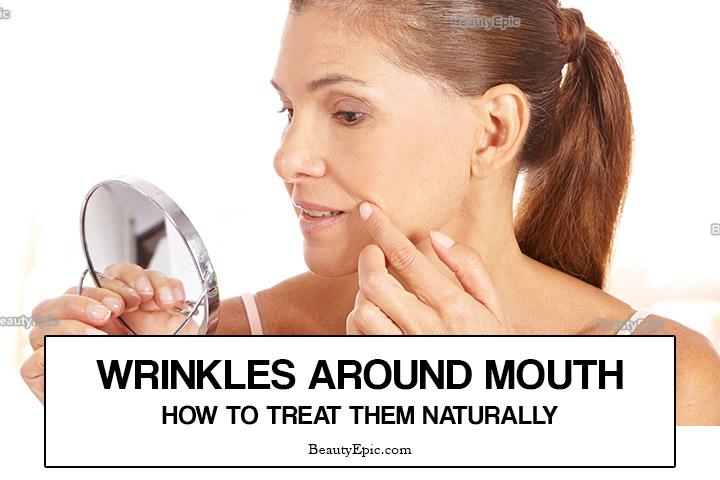
Personalized Skincare: Finding What Works for You
When exploring skincare, the question of whether products should be tailored to gender is often debated. The truth is, skin needs are incredibly diverse, transcending gender lines. While men and women may experience different hormonal influences that affect skin characteristics—such as oiliness or sensitivity—other factors like climate, diet, and individual biology play a much larger role in determining what your skin truly requires.
Consider these personalized approaches:
- Skin Type Focus: Whether you have oily, dry, combination, or sensitive skin, prioritize ingredients that address these specific conditions.
- Lifestyle Considerations: Urban environments may require pollution-fighting antioxidants, while a more rural setting might need extra hydration.
- Ingredient Sensitivity: Some may react differently to certain components. Testing and observation can guide choices better than labels aimed at gender.
Ultimately, understanding your skin’s unique characteristics is key, beyond any gender-based marketing. Tailor your regimen to meet your skin’s specific demands for the most effective results.
